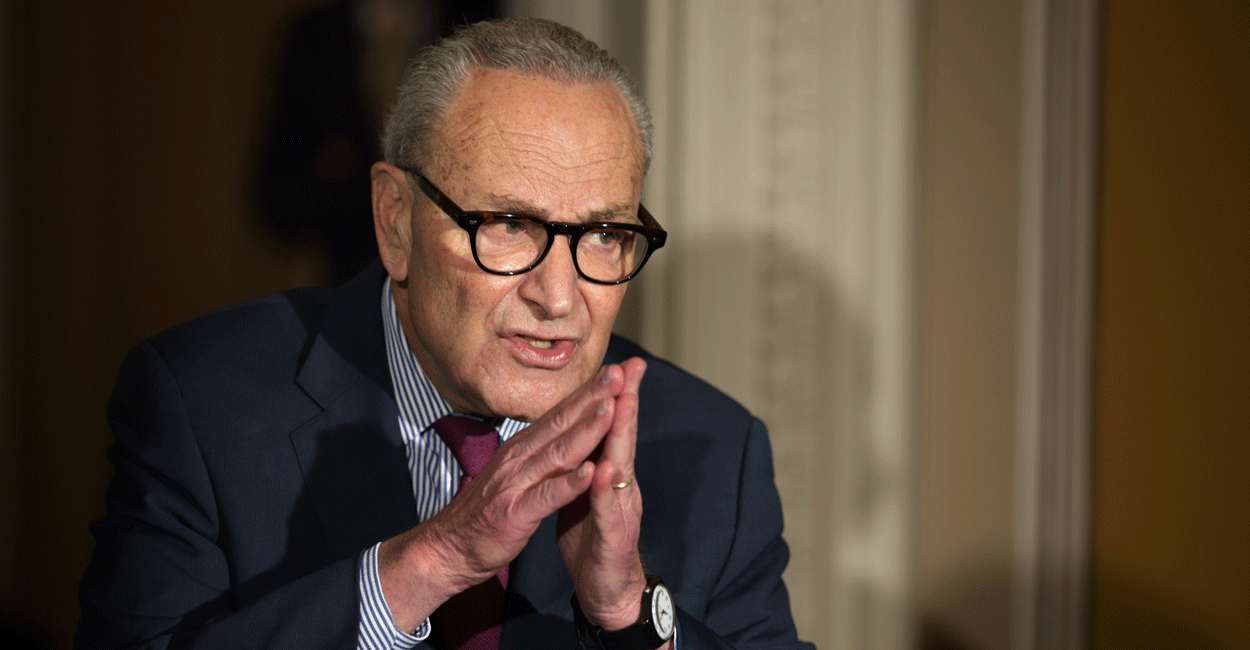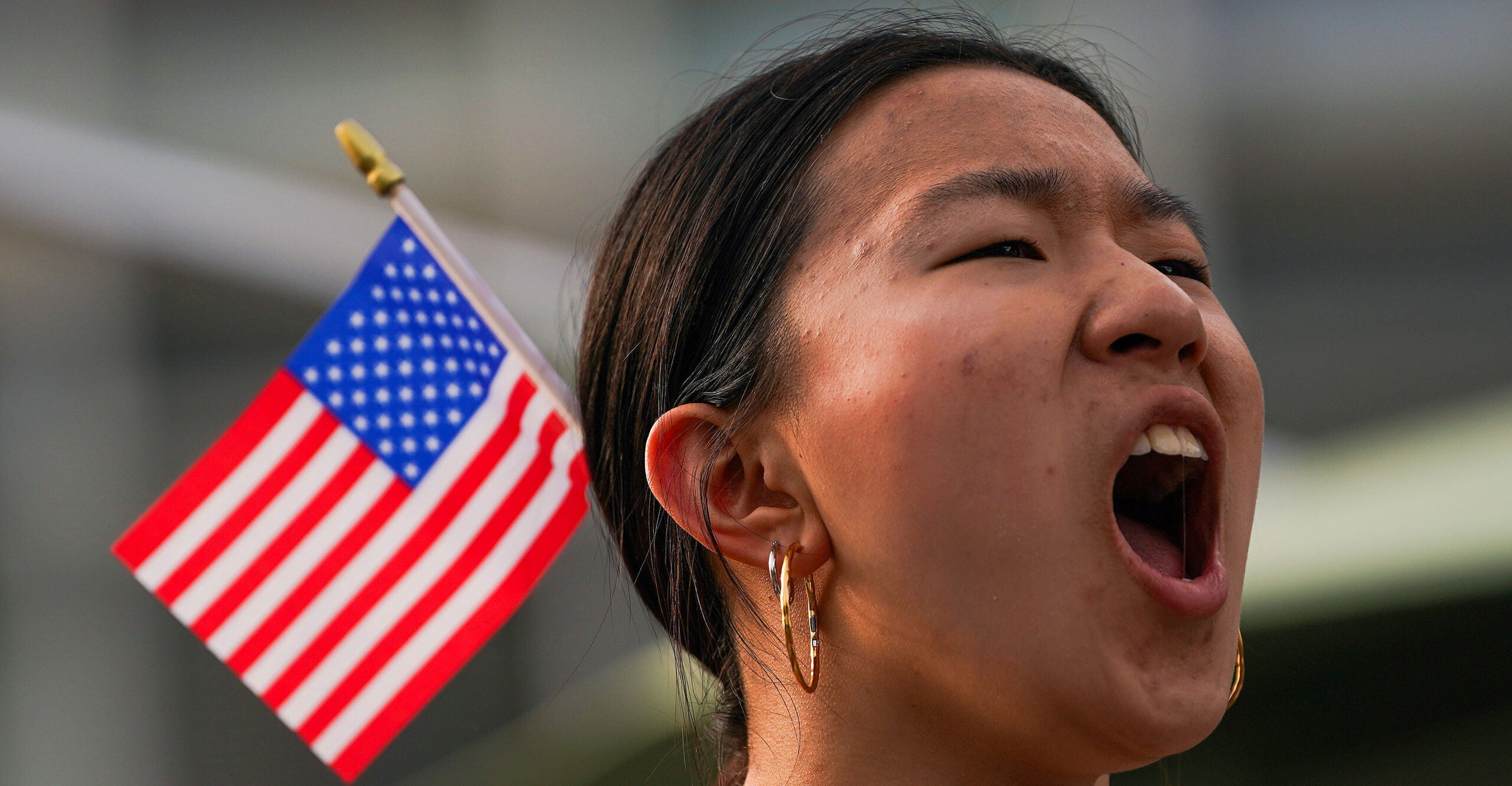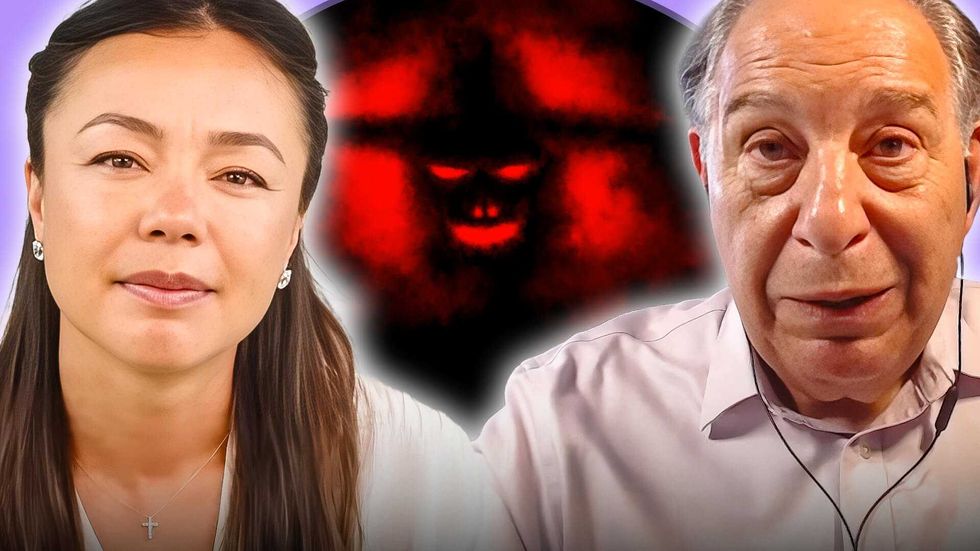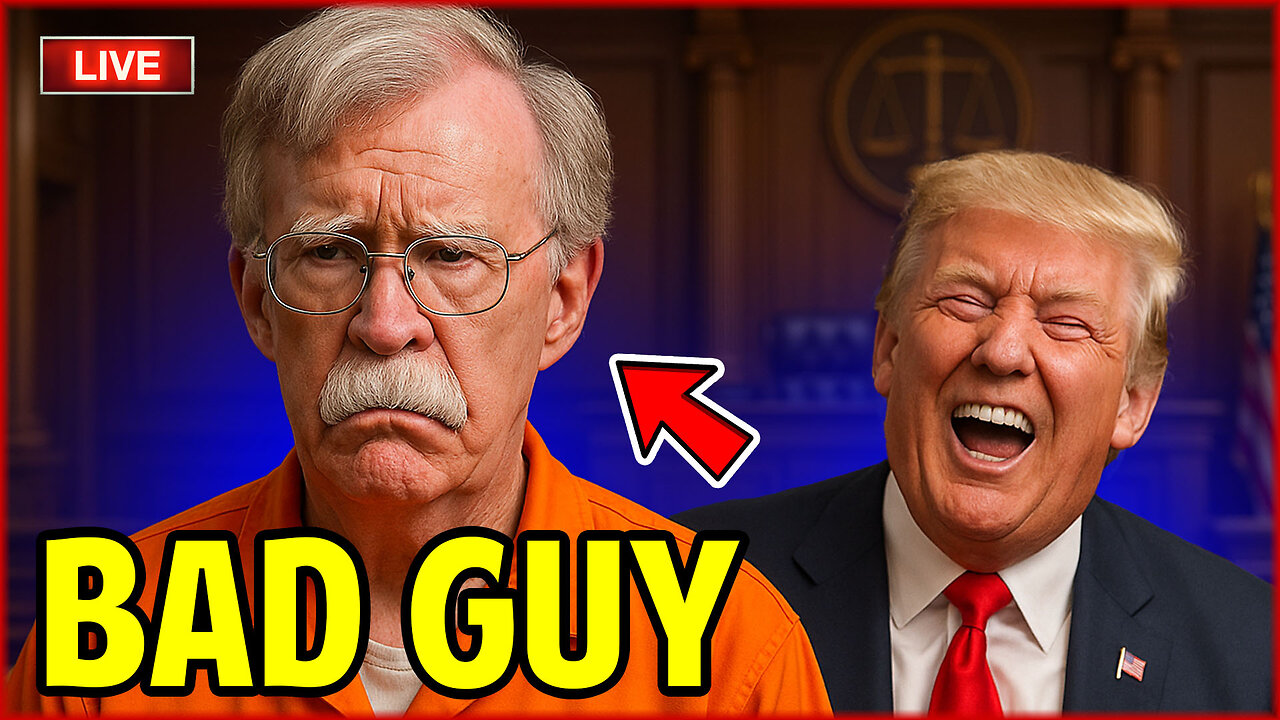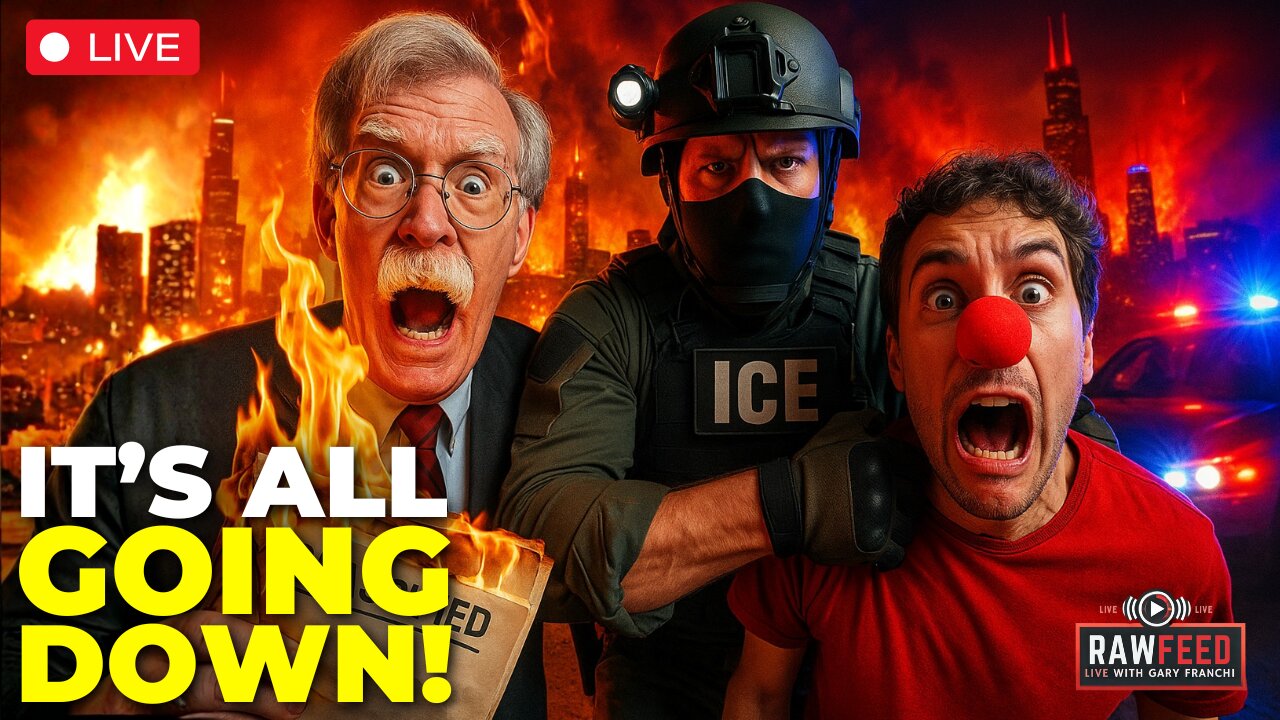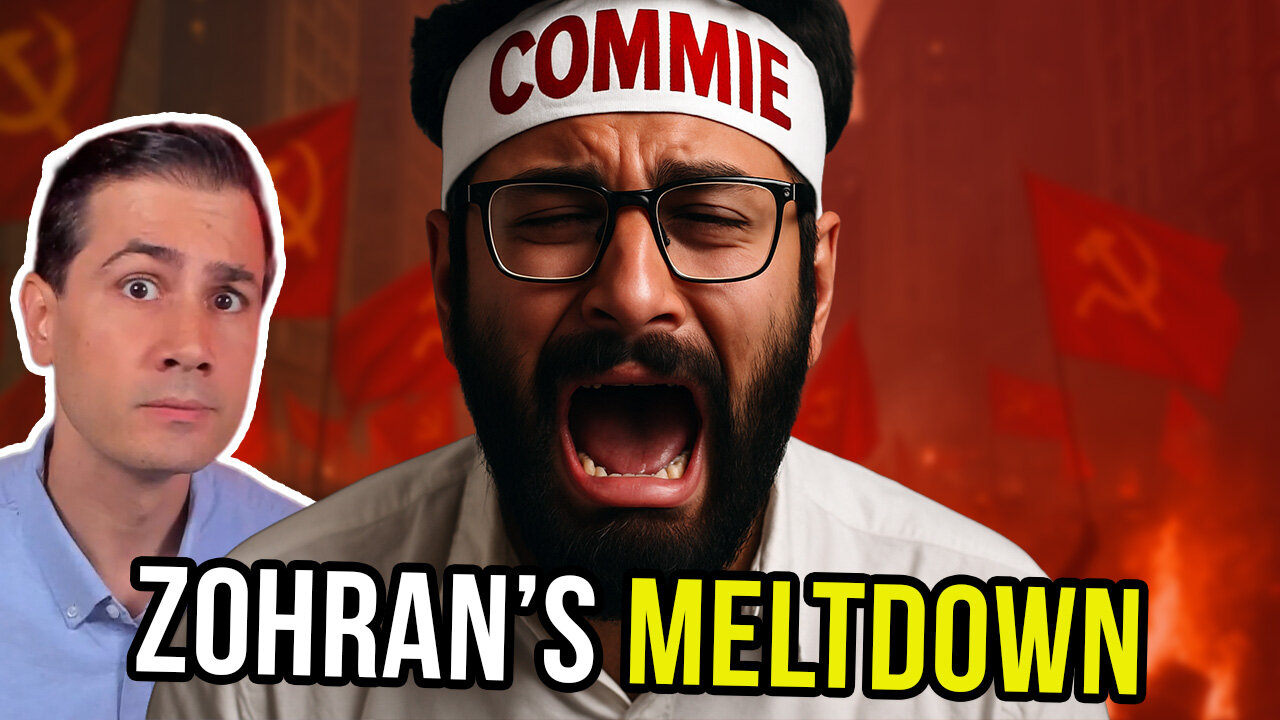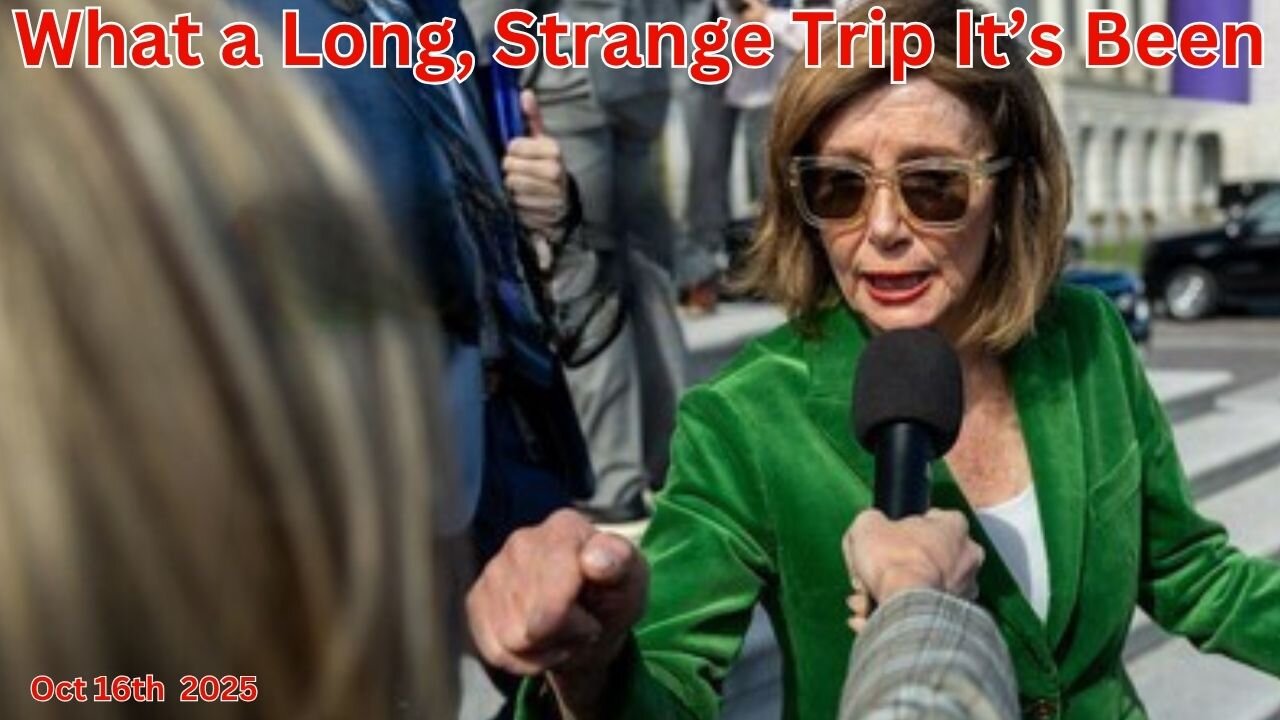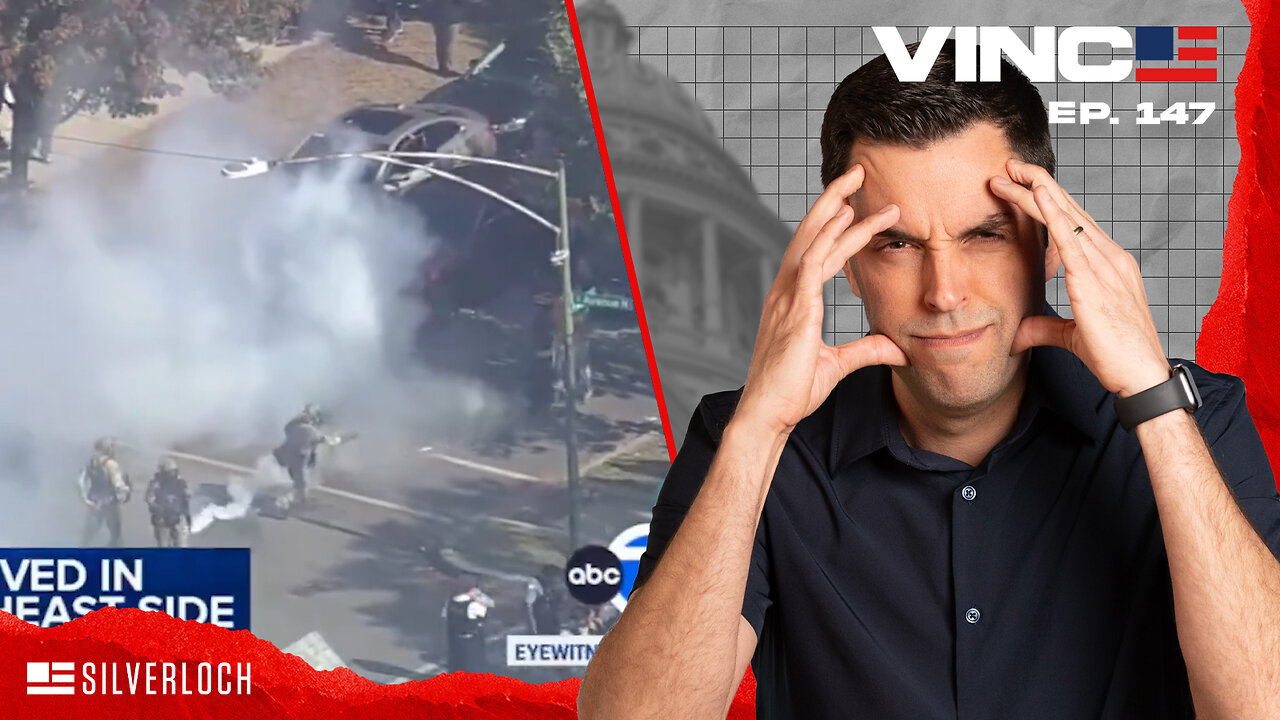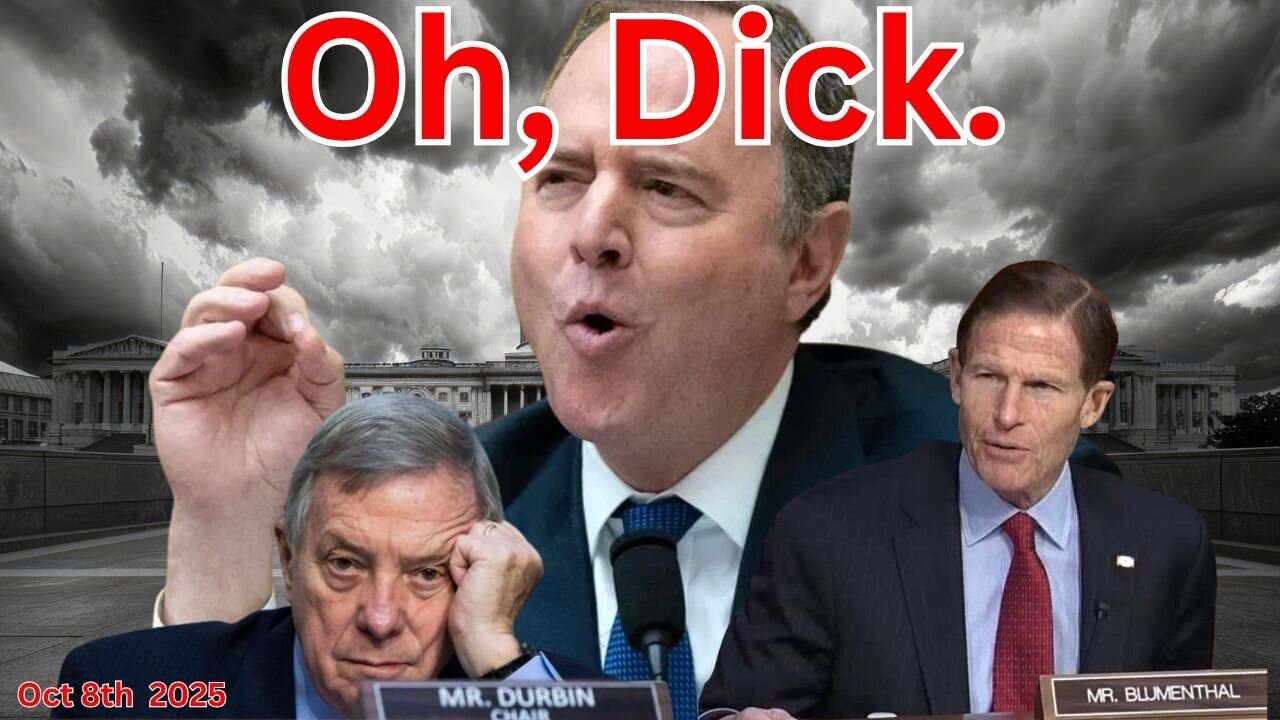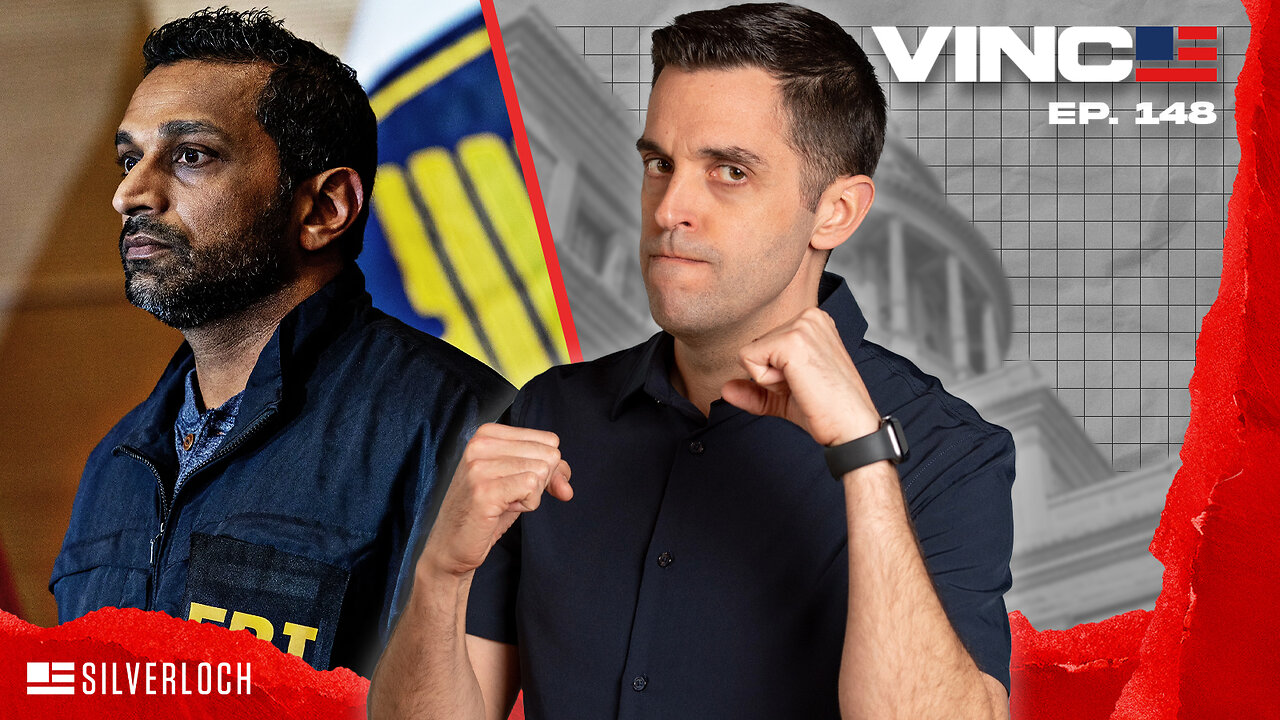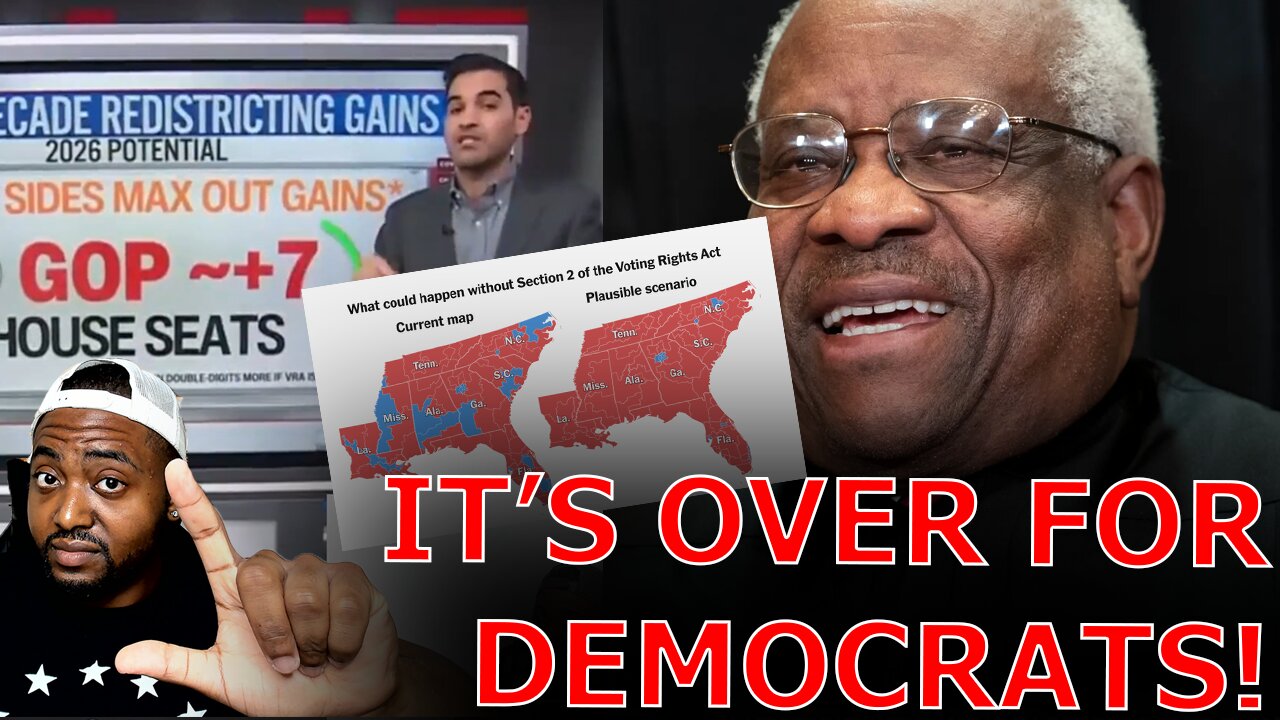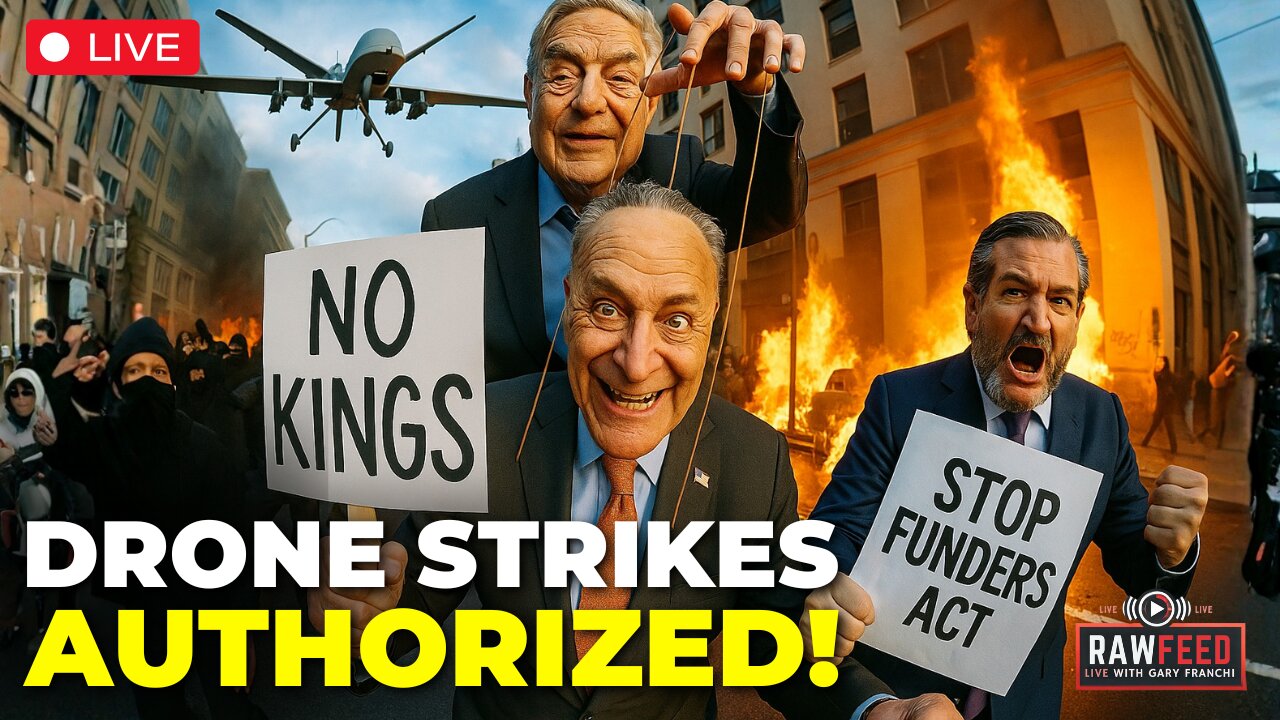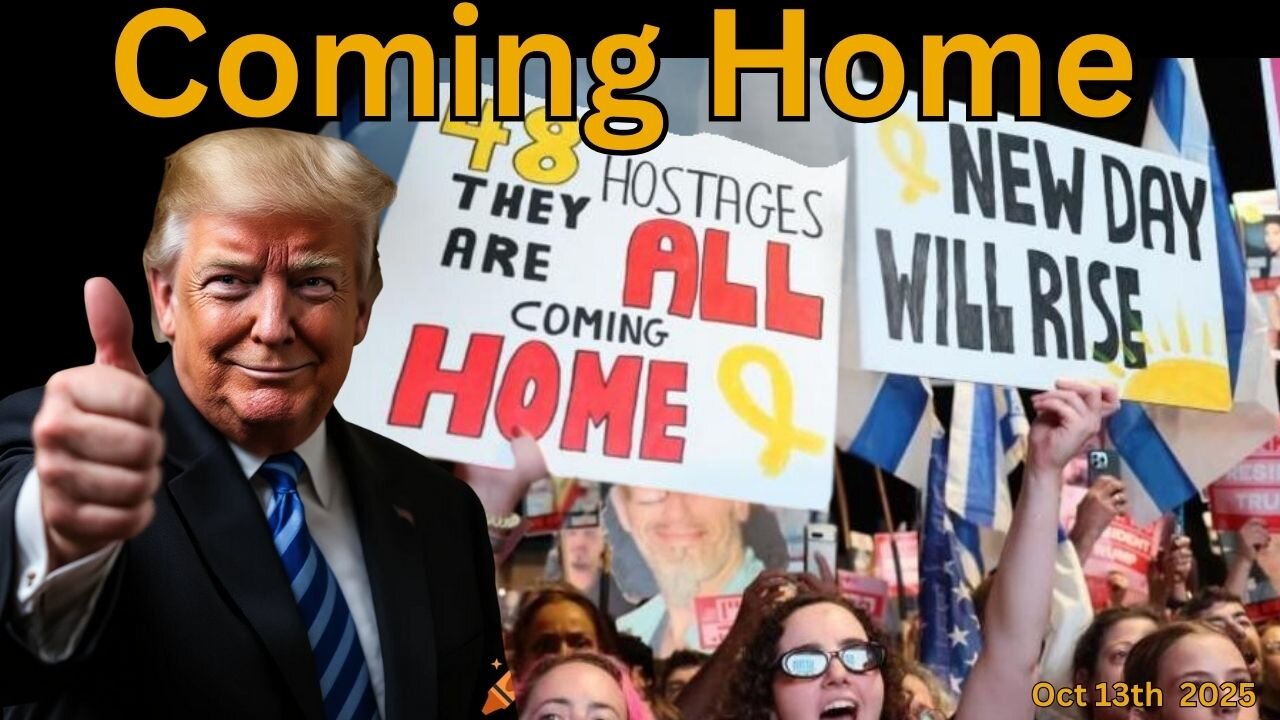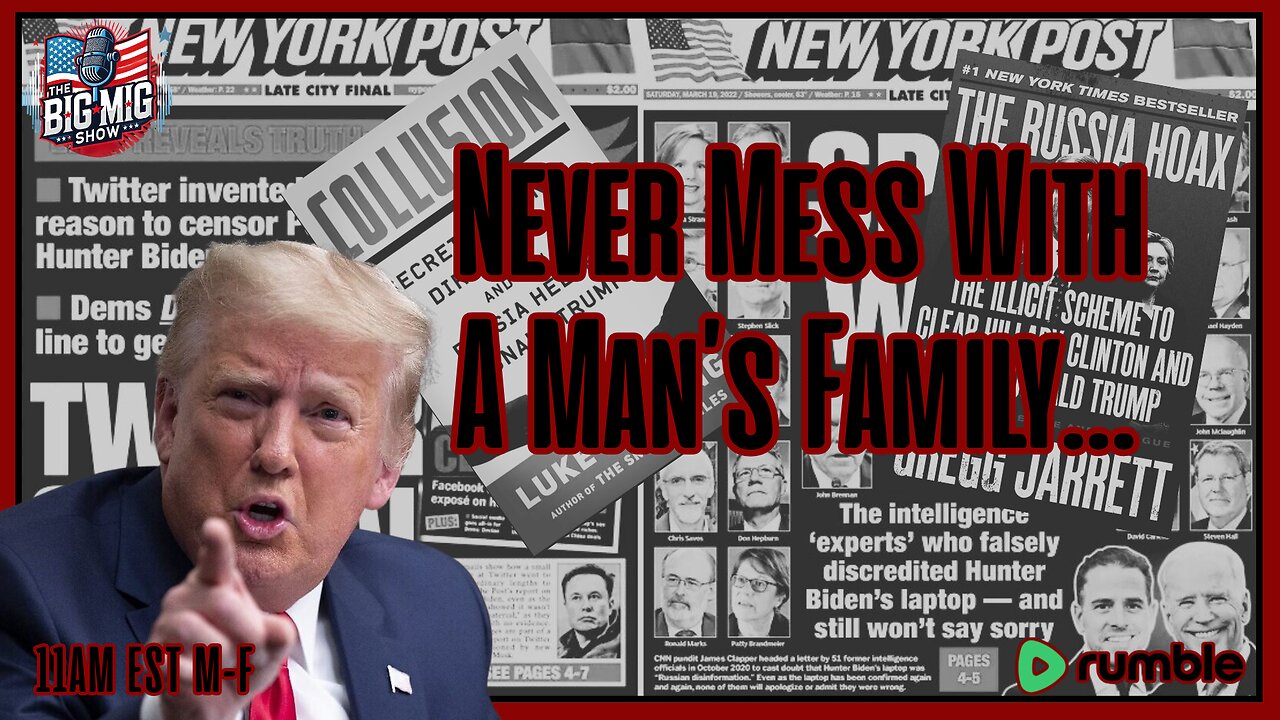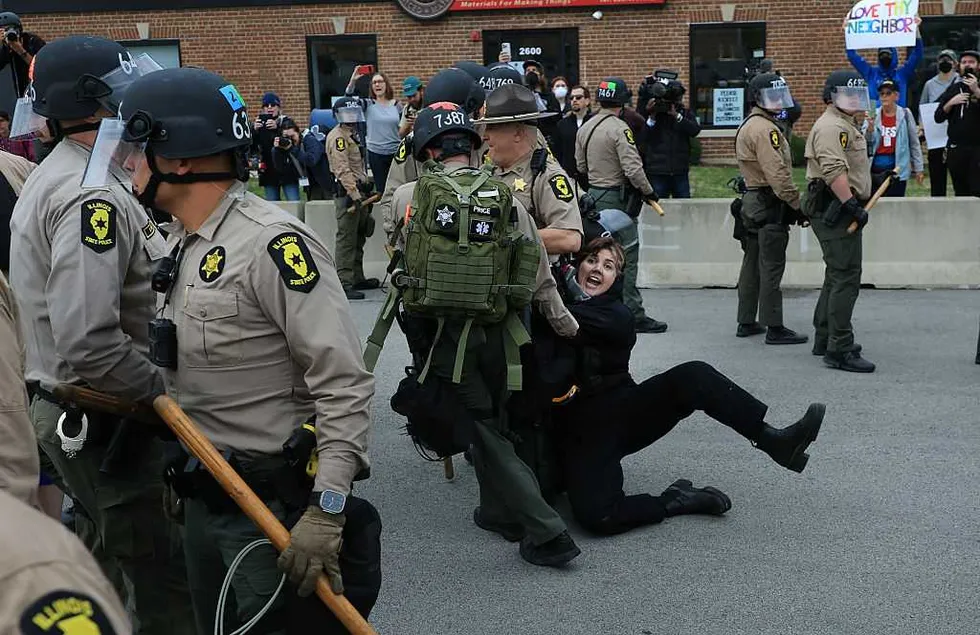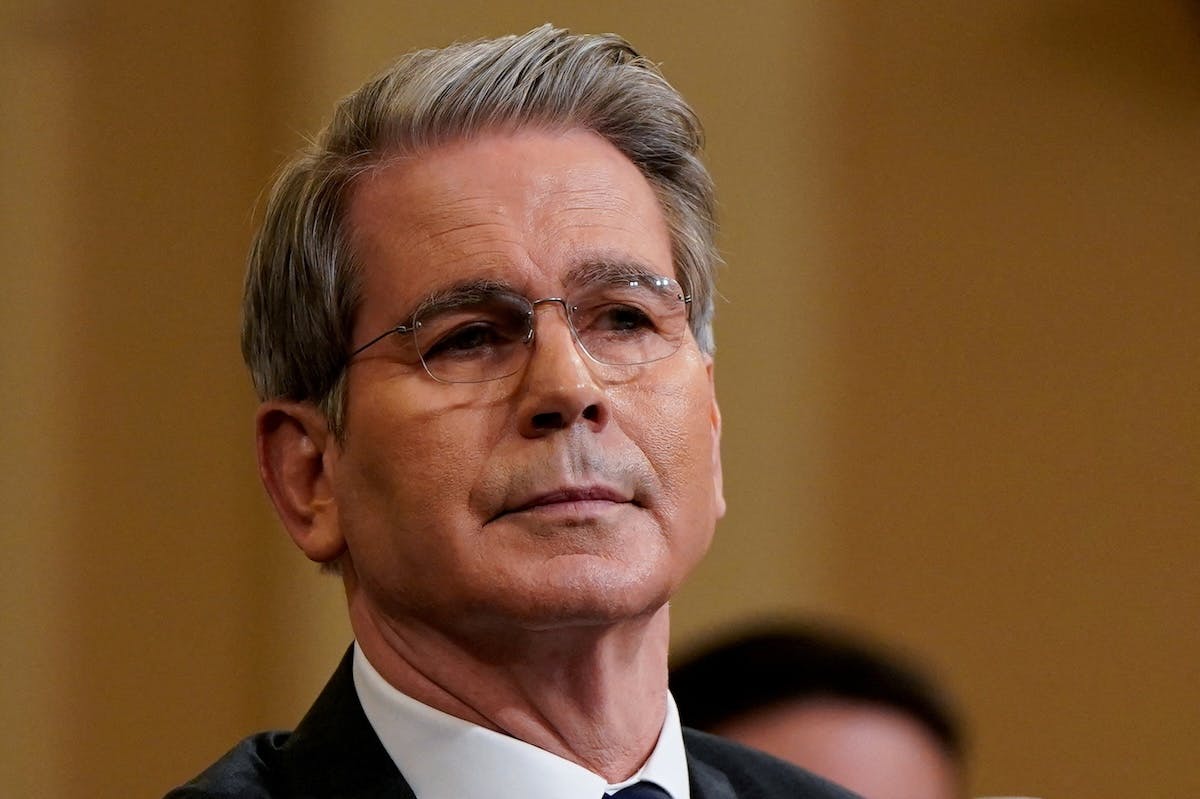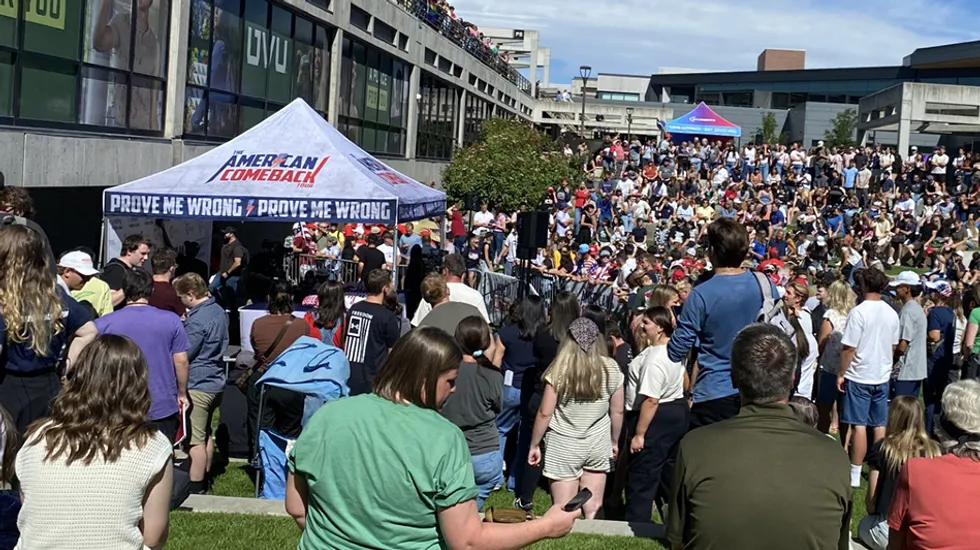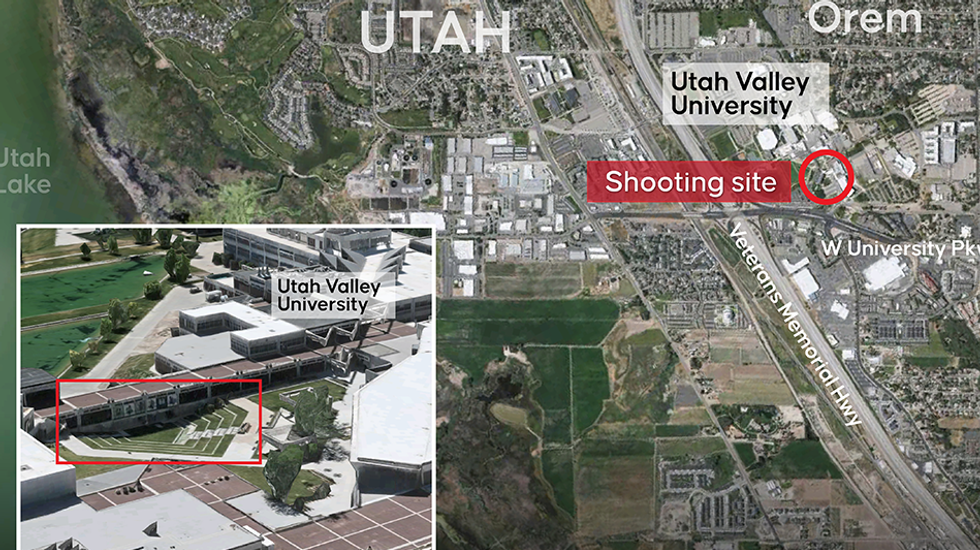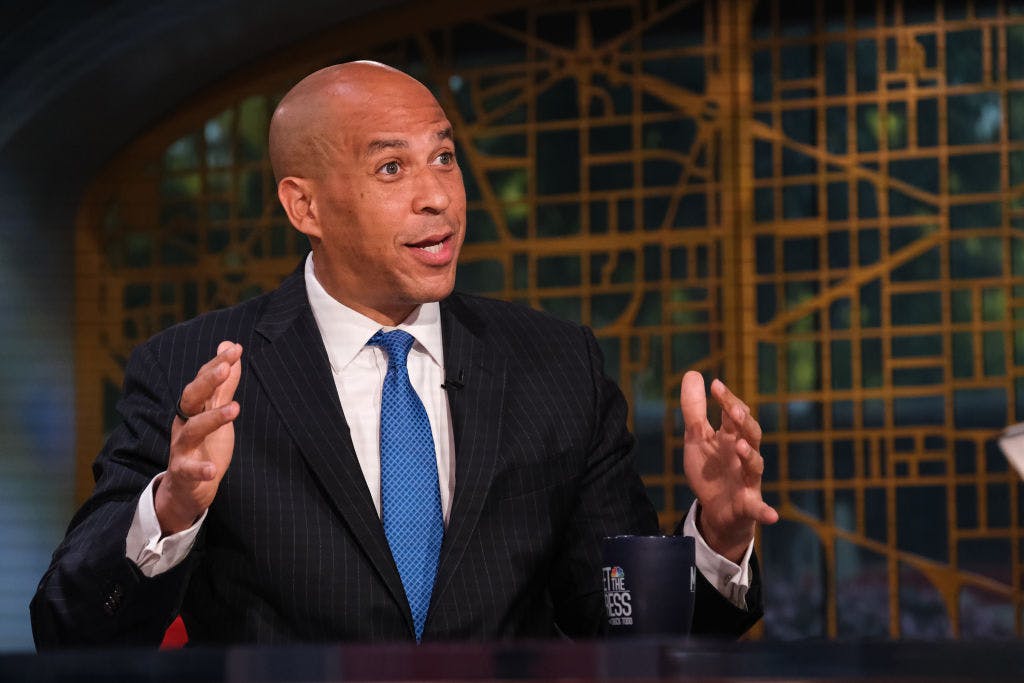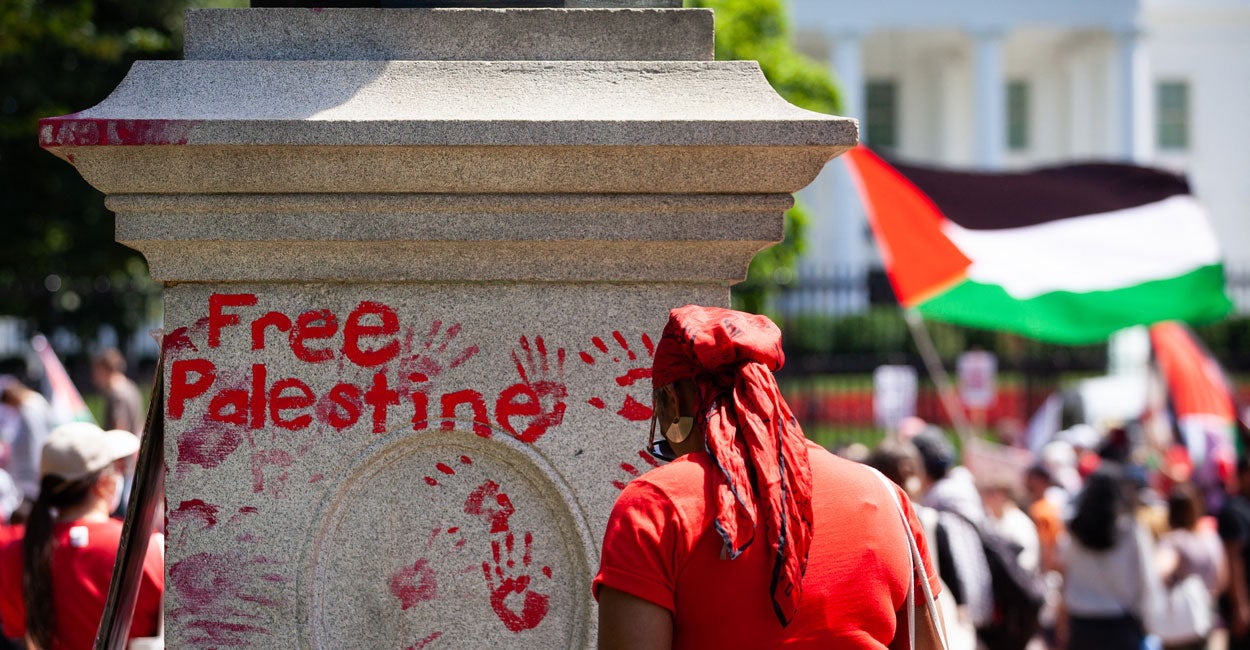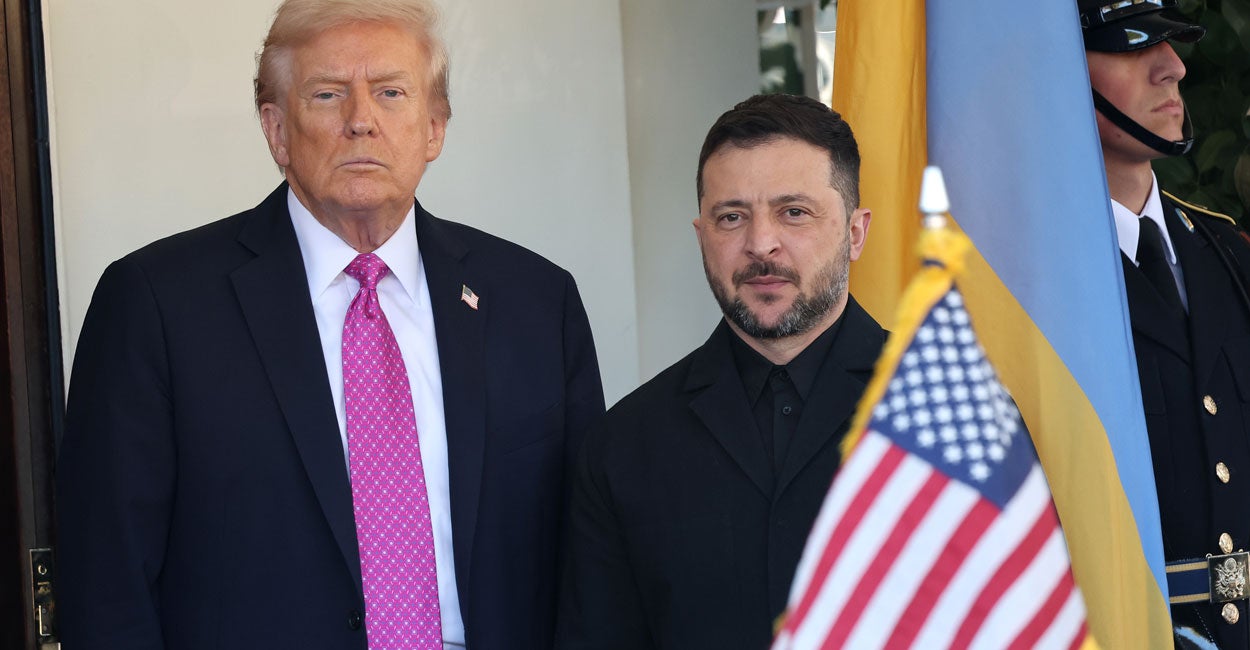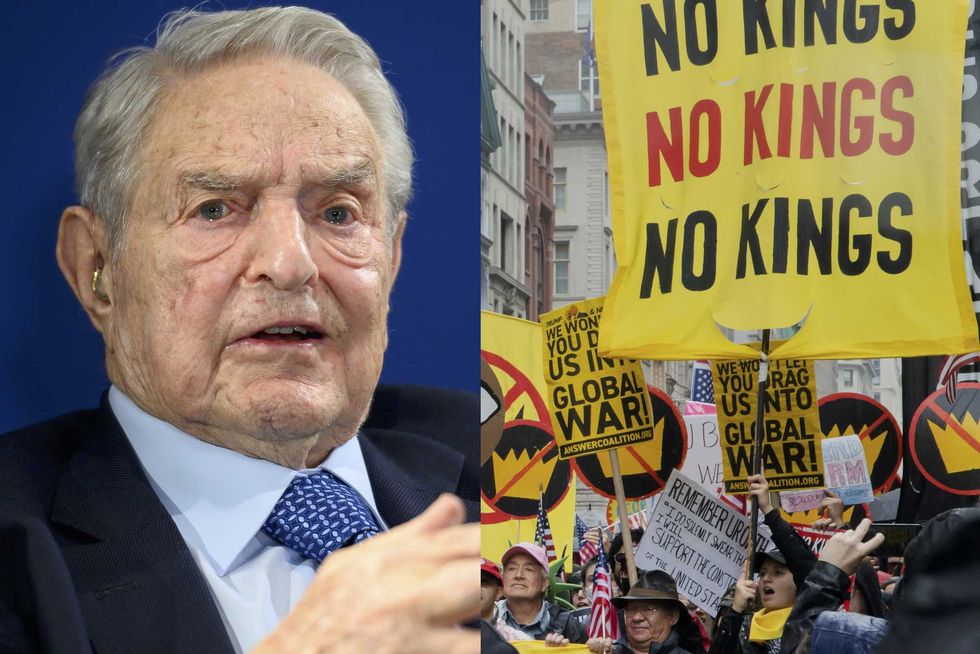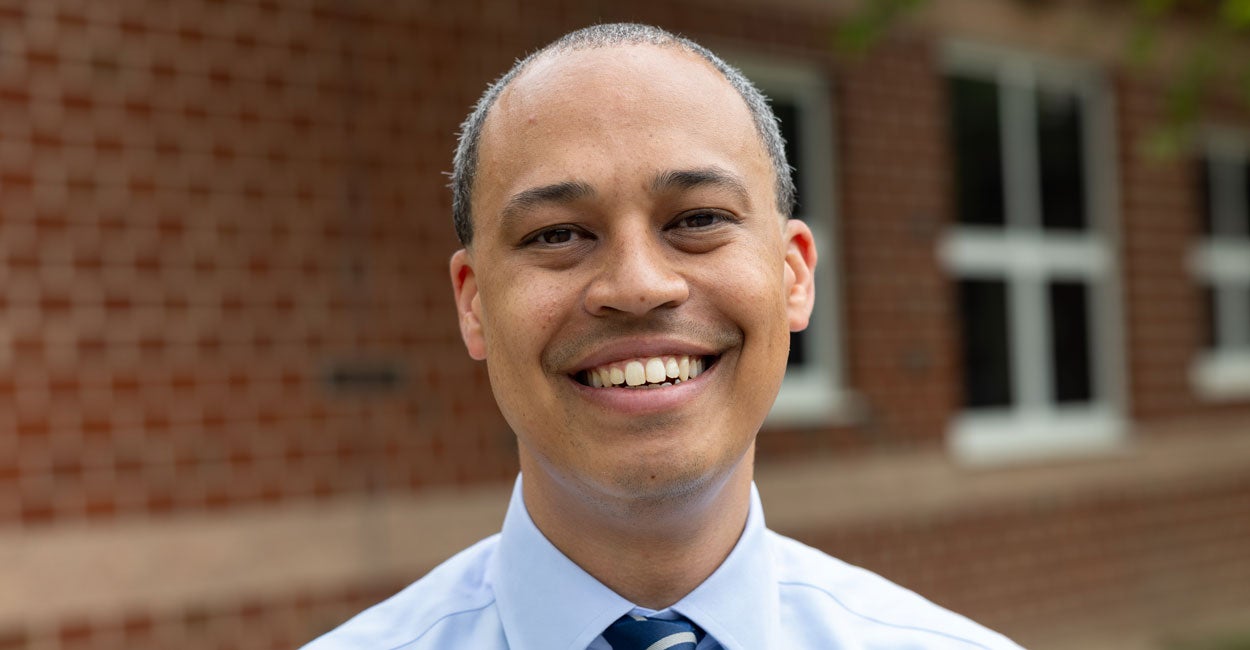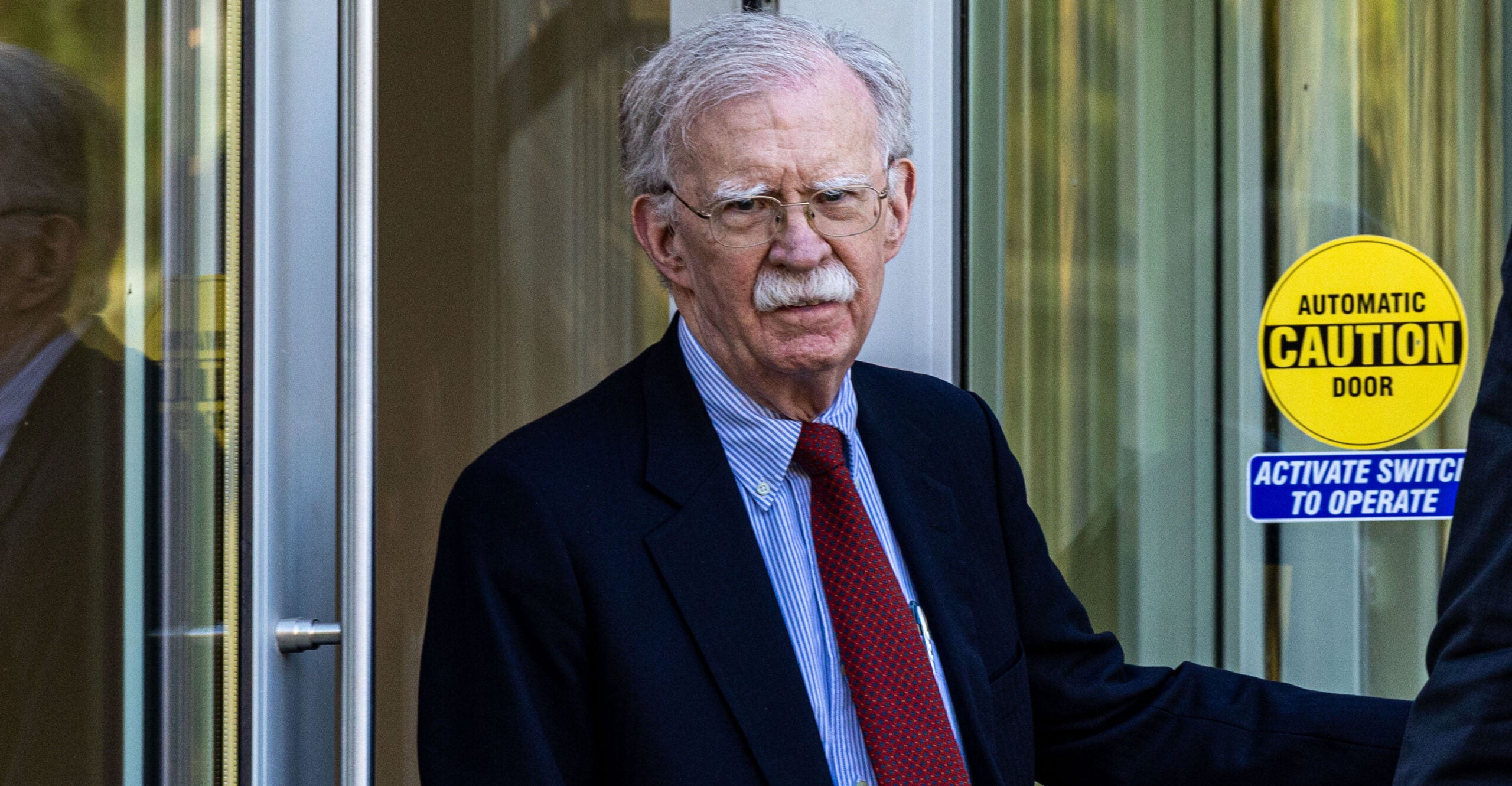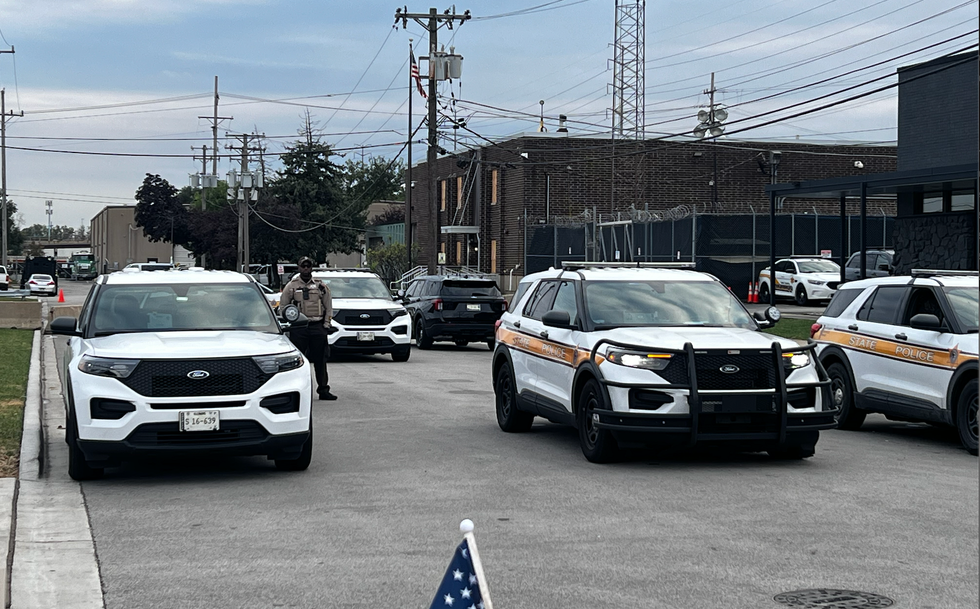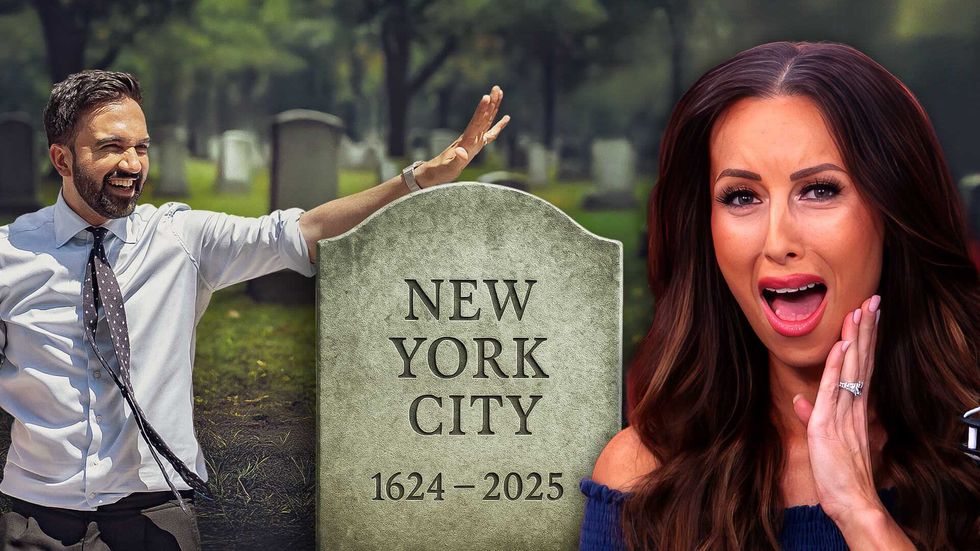250 years after the British invaded my hometown
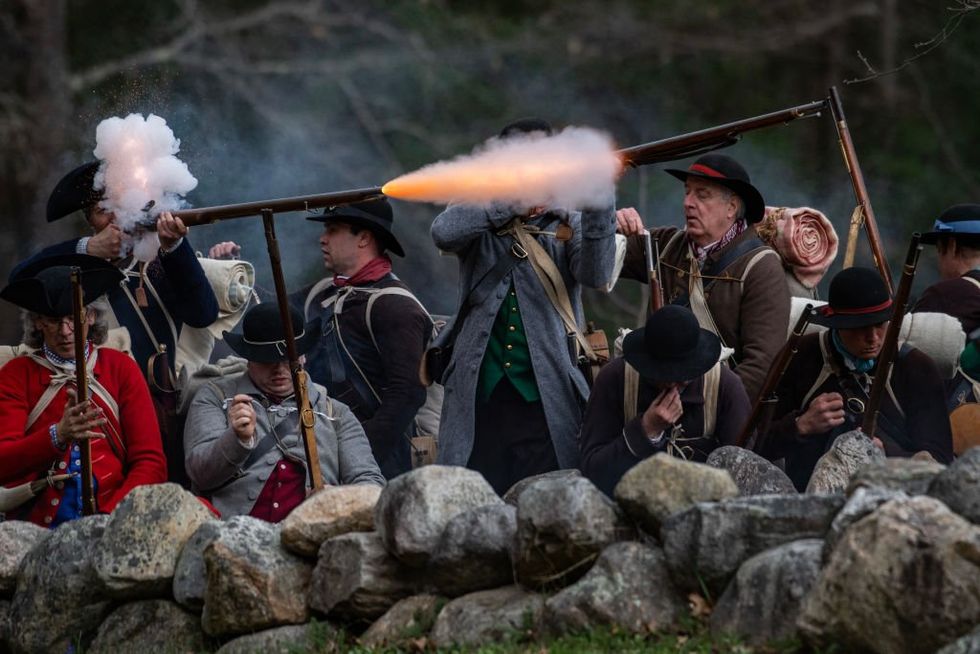
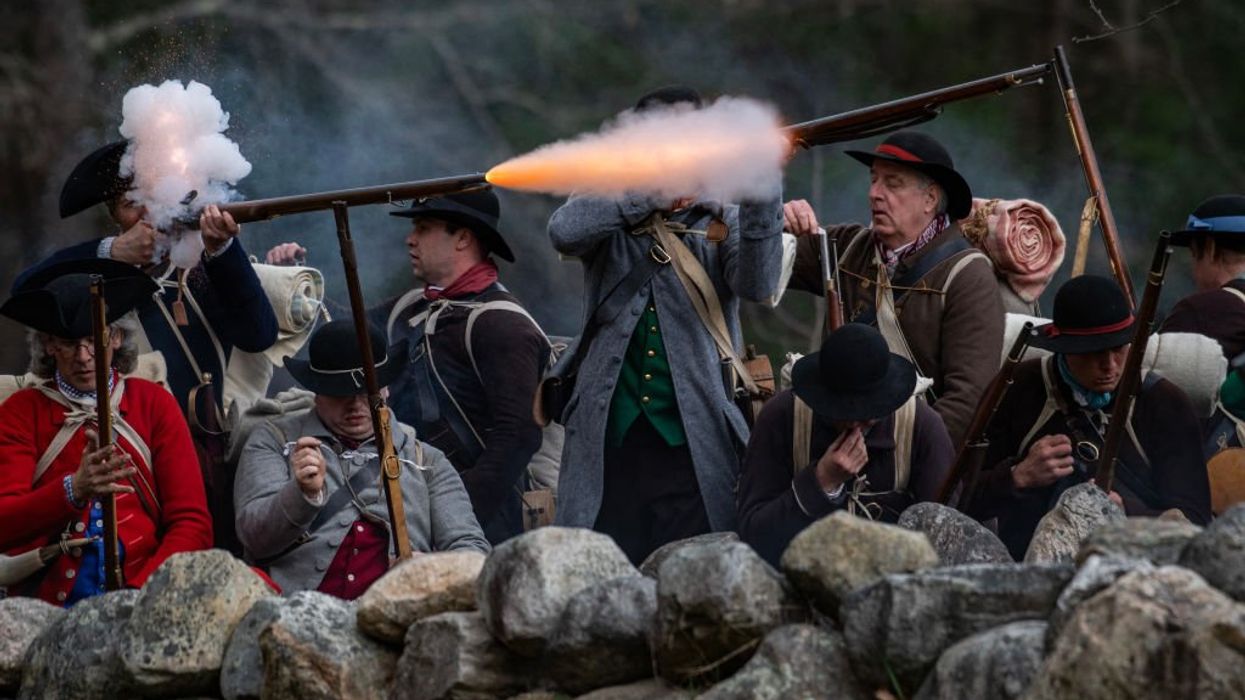
When I was a boy, my father would rouse my brothers and me — plus the dog — just after sunrise on Patriots Day. We’d walk to the bottom of our street to catch a glimpse of the men and boys marching down Strawberry Hill Road, bound for the Old North Bridge in Concord.
There were never more than a few dozen from Acton, but we heard the drums long before they appeared through the tall, thick trees that line the roads of our Massachusetts town. Now and then, a musket shot cracked the morning air. The dog hated it. He couldn’t grasp why we stood there, waiting for what sounded like an advancing army.
You can’t hold on to your inheritance if you don’t know where it came from — or what it cost.
But for us, it was unforgettable. It felt like history marching toward us. The thrill of a lifetime.
Two hundred and fifty years ago this past Saturday, there were no ceremonial shots. No crowd. No celebration. Just a grim and determined militia moving through the cold New England air, summoned by the alarm of church bells echoing across the countryside.
The British were coming. And the men of Acton walked out to meet them.
There were far fewer trees back then. As the sun rose, the men could see across the open farmland for miles.
Today, Concord is downright tony. But in April 1775, it was still rough country — 140 years old and carved from the wilderness by people who lived off the land. The forest wasn’t just scenery. It was essential for survival: fuel for fires, timber for homes, a barrier against the cold and the unknown.
Years later, the most despised man in town wasn’t a redcoat or a Tory — it was a scrawny, self-important poet who managed to burn the woods down trying to make chowder. His name? Henry David Thoreau.
But on that frozen April morning, no one had time for philosophy. As the Minutemen turned onto Barretts Mill Road, then Lowell Road, they may have glimpsed fellow militiamen assembling on the ridge above the bridge spanning the Concord River.
Ahead lay the town. Between them and it: British light infantry, armed and in formation.
In 1775, the British Empire spanned from Bengal to Bermuda. It held all 13 American colonies and, after its victory in the French and Indian War, ruled Eastern Canada as well. The British Army was undefeated, disciplined, and sharply dressed in red coats and white trousers.
But beneath the uniform, most were poor. Soldiering wasn’t seen as honorable. It was a last resort for men with no other prospects — desperate enough to take the king’s shilling.
The night before the battle, those men had been roused from their barracks in Boston, a world away from the places they called home. They boarded small boats and crossed the Charles River in silence. Seven hundred soldiers, soaked to the skin, trudged 10 miles through the dark to Lexington Green.
There, about 80 American militiamen waited. They had mustered in the night, armed but unsure. As the British columns approached, fear rippled through their line. The enemy just kept coming.
Their captain — a veteran of the war in Canada — knew the odds. He arranged his men in parade formation and told them not to fire. He wasn’t there to win. He was trying to avoid a massacre.
British officers on horseback rode past their lines, eyes cold, barking orders at the militiamen to drop their weapons and disperse. The sun was still nearly two hours from rising when a shot rang out.
No one knows who fired first — but the British answered with a volley.
They gunned down their own countrymen — eight killed, 10 wounded — shattering a small town before continuing their march to Concord.
The shock was immediate and profound. Tensions had simmered for months, but no war had been declared. The Declaration of Independence was still more than a year away. British troops had fired on an unruly mob in Boston five years earlier, but this was different. This time they opened fire on a peaceful militia. And this time, they were marching inland to seize arms and cannon — something they had done before without bloodshed.
This time changed everything.
By the time the British reached Concord, seven miles farther west, the town already knew what had happened. Colonial spies had tracked the army’s every move. Paul Revere had watched their boats leave Boston. The militia had scattered much of the weapons and ammunition into nearby fields. The element of surprise was gone.
Unlike Lexington, Concord didn’t meet the troops with defiance — at least not at first. Soldiers paid townspeople for supplies. No shots were fired. But above Barrett’s Hill, the Minutemen were watching.
They were farmers, blacksmiths, merchants, and their sons. Some had fought the French. Others had battled Indians. But most had never faced trained soldiers.
They weren’t an army — until that moment.
Now, they outnumbered the redcoats. Then the smoke rose from the town — cannon carriages, set ablaze by the British.
The sight triggered fury.
“Will you let them burn down the town?” shouted Joseph Hosmer.
The Americans didn’t answer with words. They marched down the hill to cross the bridge — and into history.
When I was a kid, “the shot heard ’round the world” was the defining story of the American Revolution. We took field trips to the battlefield, rode our bikes down to see the re-enactments with Dad, and as teenagers, we snuck beers and cigars along the quiet river after dark.
I imagined the men — some barely more than boys — who stood their ground and faced down a global empire for their rights. I thought of their strength, courage, and resolve. They suffered, bled, and died for our inheritance.
To us, they were heroes.
It wasn’t until I got older and started to travel that I realized how little of the war was actually fought in the towns where I grew up. I knew my ancestors had fought at Monmouth. Others in my family had taken up arms for the crown in the South. But in my imagination, the war was always Lexington, Concord, the Boston Massacre, and Bunker Hill.
Travel shattered that illusion.
I stood on a hill in New Jersey where my family had held the line against charging Hessian mercenaries. A few miles away, I visited a house marked with a plaque: A man had been hanged there by a mob, suspected of loyalty to the king.
The biggest battles were in the South. That’s where the war was won.
One branch of my family knew the cost of neutrality. A former officer from the French and Indian War refused to take sides when the Revolution broke out. The local townspeople tried to lynch him. Driven into exile, he joined the loyalists.
While he was away fighting, his wife fed information to the Americans — protecting the farm and their many children from reprisals. Her actions earned him a pardon. After the war, he returned from exile and served in the North Carolina State Assembly.
The Revolution wasn’t a clean myth. It was a civil war, bitter and personal. And my family, like many, lived both sides of it.
I once had a beer and a lobster roll on a quiet Connecticut beach where Long Island spies came ashore with news of British troop movements. I bent down and touched the cold water of the Delaware, where Washington’s army crossed one bitter Christmas Eve.
No book can teach what you learn by walking where history happened — by breathing the same air, listening to the same wind, standing where great men once stood.
With time, I came to see how much larger the Revolution really was. And uglier. The lines between right and wrong blurred. The deeper you go, the more complexity you uncover. That’s the price of understanding — and of growing up.
Still, Concord will always stay with me.
I know the men in red weren’t monsters. They were cold, far from home, following orders. “They came three thousand miles, and died, to keep the Past upon its throne,” reads the grave marker by the river. “Unheard, beyond the ocean tide, their English mother made her moan.”
But I know the other side, too. The farmers who stood against them weren’t radicals or rebels. They were citizens. They were noble. And when the moment came, they chose to act.
You can’t hold on to your inheritance if you don’t know where it came from — or what it cost.
That’s why I’ll take my son with me the next time I stand on that “rude bridge that arched the flood” and tell him what happened there — where embattled farmers once stood and fired the shot heard ’round the world.
Emerson's poem: Concord Hymn
Sign up for Bedford’s newsletter
Sign up to get Blaze Media senior politics editor Christopher Bedford's newsletter.
Originally Published at Daily Wire, Daily Signal, or The Blaze
What's Your Reaction?
 Like
0
Like
0
 Dislike
0
Dislike
0
 Love
0
Love
0
 Funny
0
Funny
0
 Angry
0
Angry
0
 Sad
0
Sad
0
 Wow
0
Wow
0
